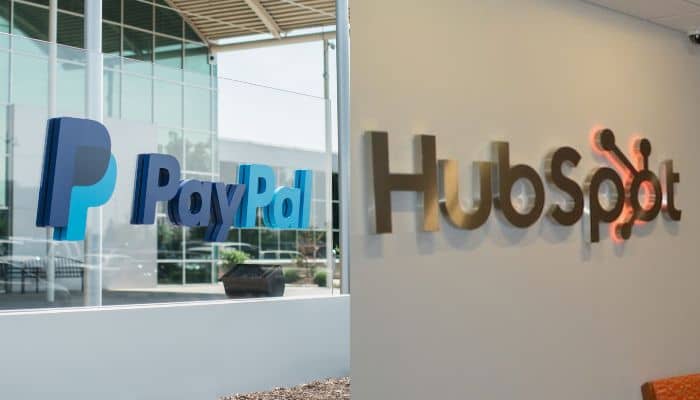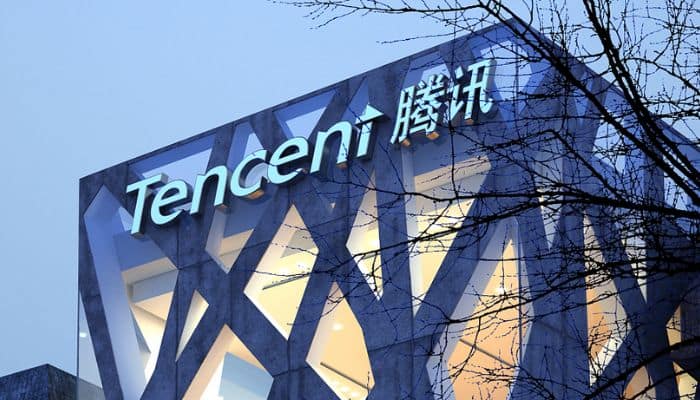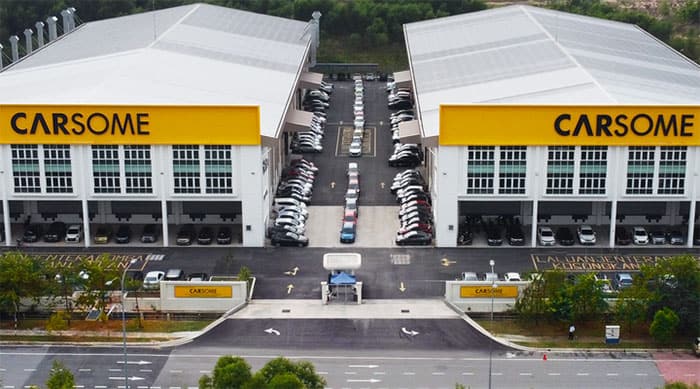Singapore – Global financial technology giant Paypal and customer relationship management (CRM) platform HubSpot are the newest companies to announce layoffs amidst a rising trend of company employee reductions.
In a public letter by PayPal CEO and president Dan Schulman, he said that approximately 2,000 employees will be affected by the layoff announcement. He further added that the move was made amidst drastic changes made to focus resources on core strategic priorities.
“Change can be difficult – particularly when it includes valued colleagues and friends departing. We will face this head-on together, drawing on the unparalleled scale of our global platform, the strategic investments we have made to strengthen our core capabilities, and the trust and loyalty of our customers,” Schulman stated.
He further added that the reductions will take effect in the following weeks, with other organisations within the company having more impact than others, albeit he didn’t specify which of these will be affected.
Meanwhile, a public letter by HubSpot CEO Yamini Rangan said that HubSpot will be laying off 500 employees or around 7% of its workforce. Rangan also added that US employees will be the first affected, followed by other countries, in accordance with local laws.
“We have to invest in our future. In order to do that, we need to reduce investments that are not aligned with our strategy. To help our customers grow better during this time, we need to double down on product innovation. For us to scale better, we need to double down on our own internal efficiencies. Both of these require investments that we cannot make if we don’t make changes now,” she said.
Rangan also added that inflation, volatile foreign exchange, tighter customer budgets, and longer decision-making cycles have been responsible for the company’s slow growth. In turn, they have also slowed hiring, minimised travel, cut discretionary spend, and repurposed teams with excess capacity.
The tech company layoffs continue to roll out across multiple companies, with Amazon, Meta, Oracle, Netflix, Snap, Twitter, as well as regional companies like Carsome, Shopee, and Tencent as some of those affected.



















